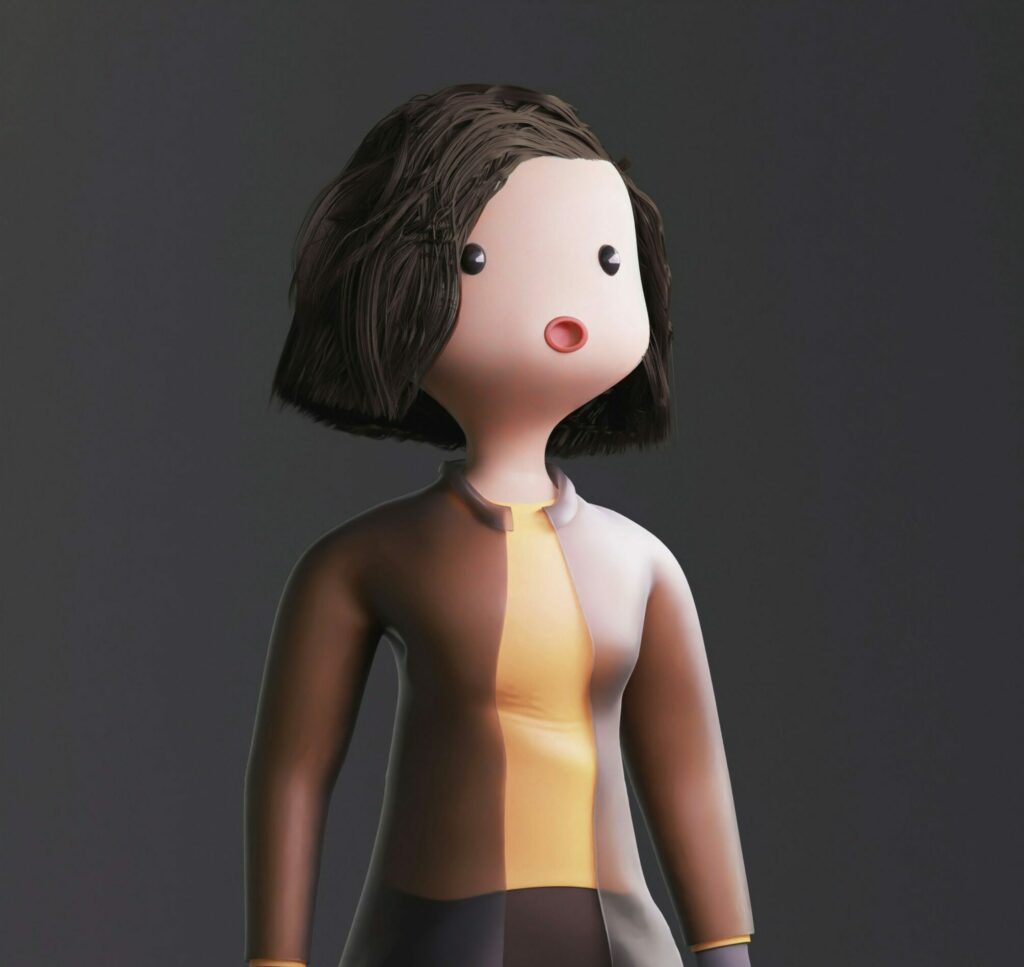BA (Hons) Animation
BA (Hons) Animation is an interdisciplinary programme designed to prepare students for careers in the animation, games, and film industries. The course integrates both traditional and cutting-edge techniques, emphasising real-time 2D and 3D visual technologies. With a focus on performance-based animation, character design, and production workflows, students gain hands-on experience in creating animation for various media, from film and television to games.


Why take the course?
- Industry-focused learning: The curriculum is aligned with current industry practices, ensuring you gain skills directly applicable to careers in animation, film, and games.
- Hands-on experience: Our “Animate First” approach emphasizes practical projects, allowing you to create and refine real-world animation work from day one.
- Cutting-edge tools: You’ll master the latest 2D and 3D technologies, preparing you to excel with industry-standard tools and emerging trends.
- Collaborative environment: Work alongside students from related disciplines, preparing you for the teamwork essential in professional animation production.
- Career-ready skills: Graduate with a comprehensive skill set that positions you for success in various roles within the animation, film, and games industries.
Faculty
Dr. Enrique Perez is a game developer, researcher, artist, and consultant with over fifteen years of experience. They have worked on international projects in various fields, received multiple awards, and presented their work at festivals and theaters.
Enrique holds advanced degrees in Communication Science, Animation, New Media, and Game Design, and earned a Ph.D. in 2019. Currently, as Head of School: Creative Technology at BIMM University Berlin, Enrique focuses on creating a supportive and inclusive environment for the university community.


Jody Gannon is a Director, Consultant, Classical Animation expert, Lecturer, and Founder/CEO of Big B Animation Co. GmbH.
He studied Design/Communications (Animation) and later earned a postgraduate degree in Media Production & Management. Trained at Walt Disney Studios and Amblimation, he worked with Oscar-winner Bob Godfrey, served as Creative Director at Ealing Animation, and animated at Don Bluth’s Terraglyph.
A qualified lecturer, Jody taught at Ballyfermot College (BCFE) and has delivered workshops for Ikea Sweden, the Institute of Management Berlin, and Reliance Media India. He has held senior roles including Managing Director of Hahnfilm, Supervising Director for KiKa’s “Sherezade: The Untold Stories” and “Mystery Museum”, and has extensive credits on shows like SimsalaGrimm, The School for Vampires, and films including Werner 2 and Little Ice Bear II.
Jody has produced across Asia, North America, and Australia, voiced characters in Sherezade, and specialises in storyboarding, scratch-tracks, and animatics. In 2008, he founded Berlin’s Big B Animation, now developing high-level IPs for the global market, and is Vice-President of the Irish Business Network Germany.
Course Specification
Mode of attendance: Full-time
Length of course: This course is taught as a three-year course at levels four, five, and six.
Awarding institution: BIMM University (UK)
Campus delivery: MetStudios Berlin
Language of study: English
Final award: BA (Hons) Animation
Credits: 180 ECTS credits (60 ECTS per year of study)// 360 FHEQ (UK) Level credits (120 FHEQ credits per year of study)
Minimum Requirements
All applicants must successfully complete an entrance interview with BIMM University Berlin (details provided on application).
Academic entry criteria meeting a minimum of 80 UCAS points, equivalent to:
- General Higher Education entrance certificate (Award of Zeugnis der Allgemeinen Hochschulreife/ Abitur, or a Fachgebundene Hochschulreife/ Fachhochschulreife) with an overall average grade of 3.0, including a minimum grade of 10 on the English component (Leistungsfach) on the Abiturprüfung.
- 1 A-level at Grade C, and 2 A-Levels at Grade D or above, or BTEC Level 3 equivalent, and normally three GCSEs at a minimum grade C/4, including English Language.
- Please reference the Entry Requirements webpage for additional international qualification equivalencies. For applicants with significant prior professional experience and aged 19-years or older, offers may be made under the BIMM University Recognition of Prior Practice Policy.
- Proof of English Language proficiency is required if English is not your first language. BIMM University Berlin requires equivalent to Level B2 CEFR (Common European Framework of Reference for Languages).
Progression
After completing the course, you can progress into work within the games, film and TV industries as well as other creative industries such as digital media, marketing and distribution.
Course Fees
As part of Europe’s most successful group of music, film and performing arts colleges at BIMM University Berlin, the Screen and Film Faculty is uniquely positioned to offer outstanding value and quality.
We’re dedicated to giving our students the best film education possible – which means accessing our globally successful first-rate lecturers in premium locations at the heart of Germany’s film scene.
Such cutting-edge facilities can be expensive, but we make sure all BIMM University Berlin courses are great value for money – representing a practical and affordable investment for your future career in the film industry.
Year 1
All students take the following core modules in their first year of study
The first Creative Industries module will introduce you to the strategies and tools to set you on the path to your chosen career. You will broaden your knowledge of the opportunities available to you, explore and investigate the creative industries and the transferable skills you need to thrive. In semester two, you will continue to develop your investigative skills and explore the nature of creativity, the wider context of the industry, and learn about issues such as potential biases and cultural diversity. All of this will contribute to developing an enhanced awareness of your creative identity while gaining greater insight into the topics that inspire and motivate you.
This module is an exploration of animation in its varied forms, providing you with the chance to engage, experiment, and reflect on a wide variety of historical and significant animation techniques, styles, and innovations, as well as key animation cultural touchstones from across the world. You will be encouraged to playfully engage with traditional, digital, and experimental animation methods and styles – learning how different techniques have evolved and influenced the industry and creating short pieces of animation using those methods
On this module, you will explore contemporary 2D animation practice, with a focus on technical proficiency in industry-standard software and modern 2D workflows while exploring 2D animation as an art form. You’ll be encouraged to refine your craft by experimenting with different 2D animation styles, workflows, and techniques while being exposed to the cultures and contexts of modern 2D animated works.
Building on the principles introduced in Exploring 2D Animation, this module advances your understanding of animation fundamentals by exploring digital 3D animation practice. You will explore the artistic and technical foundations of 3D animation, gaining hands-on experience with industry-standard software and the workflows used in professional studios, and learn how technical considerations can influence storytelling and expression. The module also introduces you to contemporary digital animation workflows, such as blocking, refining, and polishing animations, as well as industry-relevant rendering and export techniques and the 3D pipeline.
Year 2
All students take the following core modules in their second year of study, plus two optional modules
*Please note that the offering of optional modules in any given academic year, will be subject to the availability of resources and sufficient student interest.
Building on the skills you developed in year one, you will carry out an individual investigation, using secondary research to investigate the lineage of your creative practice. You’ll apply ideas to your own discipline and development, selecting an area of investigation and communicating your argument either in written form or via a narrated slide presentation. The concepts you explore in this module, including your own positionality and identity, are themes you will encounter frequently as a creative professional.
This module will draw from your learnings from Defining Your Practice in Context, and you’ll use this knowledge to plan and create, collaboratively, a piece of work that links to your practice. Collaborating with others can help you develop new and innovative ideas and develop confidence as a creative practitioner, while practising your communication, project management, reflection, and feedback skills.
This module provides hands-on experience in animation production, replicating the workflows and challenges found in professional studios. You will work on four distinct animation projects, each based on industry-focused briefs from animation studios, competitive settings, or academic collaborations. Through these projects, you will gain a clear understanding of the full animation production process, from the initial concept to the final output. You will learn how to meet different project requirements, manage stakeholder expectations, and collaborate effectively across disciplines. This experience will help you develop the skills needed to interpret briefs and create complete animation pieces, strengthening your portfolio and preparing you for industry roles.
This module explores how performance brings animated characters to life, focusing on the subtleties of movement, emotion, and expression. You will develop an understanding of acting for animation, learning how to translate real-world performance into compelling digital character animation. Through a combination of theory and practice, you will study acting principles and apply them to your animations. You will experiment with methods of capturing and refining performance, from keyframe animation to motion capture workflows. You will also learn how rigging influences character performance and explore techniques for creating flexible, expressive rigs that allow for greater control over animation.
Learn how to animate non-human characters. By studying real animal movement and anatomy, you’ll gain insight into how skeletal and muscular structures affect a creature’s motion. You will explore specialised rigging and control setups and how the animation techniques you’ve learnt so far apply to creatures. You’ll also discover how different animation media has handled creature motion. By the end of the module, you’ll have the technical skills and creative confidence to animate both realistic and fantastical creatures for a range of digital media projects.
This module introduces the foundations of game animation, focusing on how animations are implemented within modern game engines. You will explore key animation interfaces within modern game engines and see how your understanding of 2D and 3D animation pipelines integrates into game animation. You will explore core techniques for animating characters, integrating animations into game pipelines, and building a functional character controller. Through hands-on projects, you will learn how to create, import, and blend animations in a real-time environment, ensuring smooth, responsive movement in gameplay.
Year 3
All students take the following core modules in their third (and final) year of study, plus one optional module.
*Please note that the offering of optional modules in any given academic year, will be subject to the availability of resources and sufficient student interest.
Building on your previous Pre-Production for Animation work, this module guides you through the next phase: producing a final animated piece. During this process, you will address the practical and creative challenges of animation production, managing timelines and resources while maintaining high standards.
This comprehensive module covers the pre-production phase of animation, where ideas are developed and prepared for production. Students learn about the various stages of pre-production, including concept development, storyboarding, character design, environment design, and the creation of animatics. The course emphasizes the importance of planning and organization, teaching students how to manage timelines, resources, and creative vision effectively. Collaborative projects mimic real-world scenarios, giving students the experience of working in teams to bring a project from concept to pre-production readiness. By the end of the module, students will have a fully developed pre-production package, ready to move into the production phase.
This module explores the process of developing a script for animation, focusing on storytelling techniques, structure, and formatting for animated narratives. You will learn how to craft characters, dialogue, and visual storytelling cues, ensuring your script is suitable for pre-production and production. You will also explore how animation writing differs from live-action, emphasising pacing, visual storytelling, and animation-friendly action. By the end of the module, you will have a polished, industry-standard animation script, along with a deeper understanding of how writing influences animation pre-production and production.
The final step in preparing you for a career in animation. It encourages critical self-evaluation of your personal learning journey and industry engagements thus far, drawing on evidence from your entire student experience. Explore concepts and theories of personal and professional development to assess your readiness for work. You will have the opportunity to engage with specialised workshops, facilitated by industry experts and informed by our extensive industry connections, to provide valuable knowledge and help you develop the skills needed to launch your career. The culmination of this module is the creation of a portfolio or showreel that showcases your talent and effectively communicates your unique professional identity.
This module will enable you to apply the skills and knowledge that you have gained during your studies and produce an extended piece of work exploring your creative practice. You will generate a project idea then extend and develop this project through to completion.
Dr. Enrique Perez is a game developer, researcher, artist, consultant with over fifteen years of experience…
Giorgio Chiappa (he/him/his) is a Berlin-based researcher and educator whose work explores the dynamic intersection of…
After completing her bachelor's degree in Computer Science at TU Berlin, Kerstin decided to pursue her…
Kevin has been working as a Game Designer for the last 15 years. Starting from work…
Mischa Wasmuth is a Full Stack Developer, bringing over a decade of expertise in game development…
Nathalie Lawhead is a game designer, and experimental software developer, who's work invokes the iconography of…
Any questions?
For any questions regarding our courses or if you’d like more information on how to apply to BIMM University Berlin, please contact our Admissions Team on +49 (0)30 311 99 186 or email admissions@bimm-institute.de.











